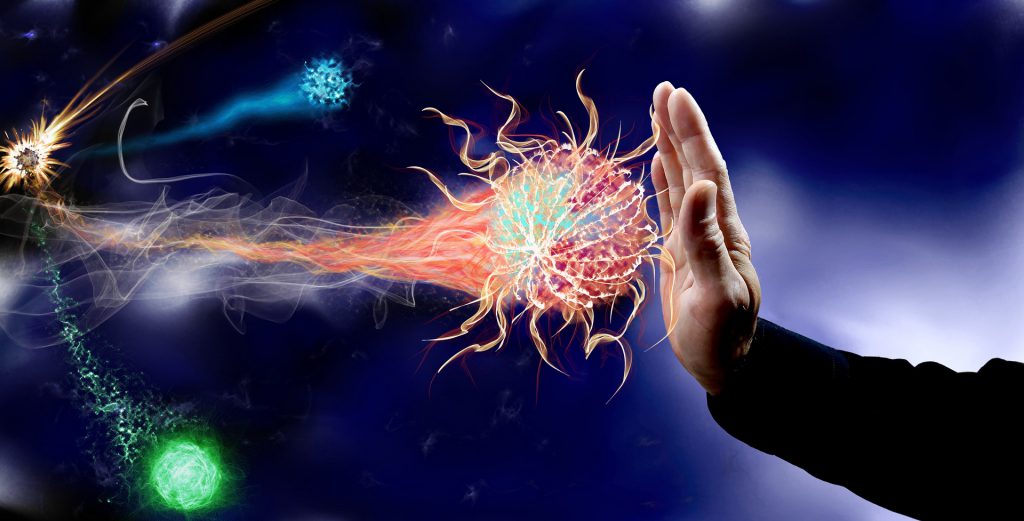One contributor to the aging of your immune system is that your thymus–the gland that turns leukocytes into T cells–is slowly replaced by ...
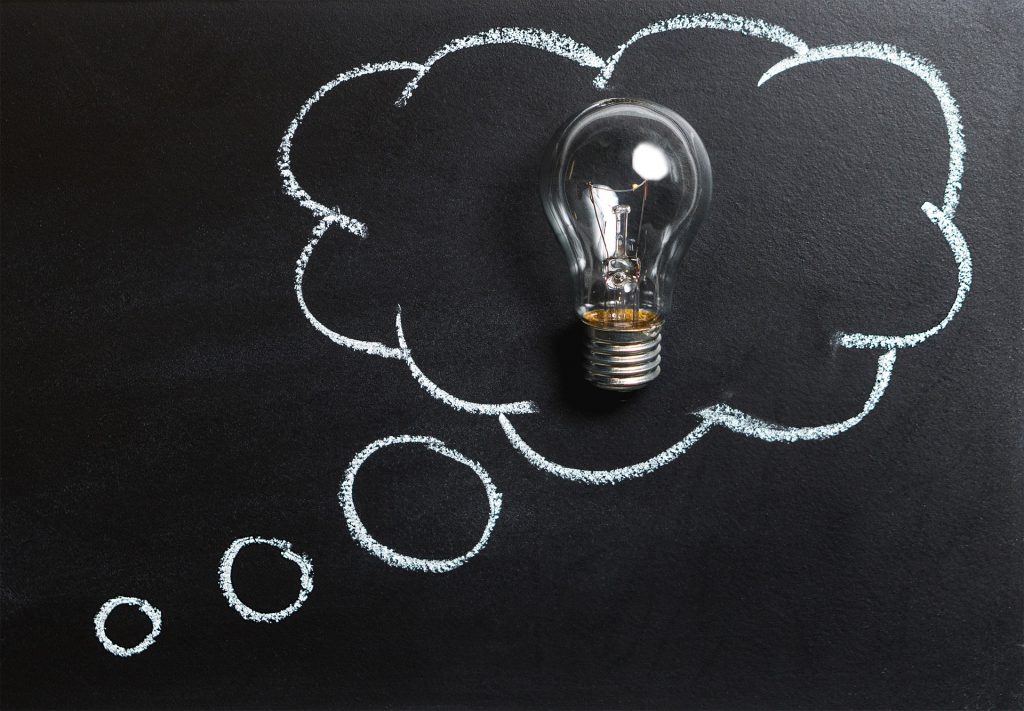
Research roundup: The importance of energy in Alzheimer’s, and more
Since the world of Alzheimer’s therapeutics hasn’t seen much practical benefit from targeting harmful proteins like amyloid-beta, maybe ot...

The Aging Immune System
The immune system degrades as we age. The elderly get sick more often, take longer to recover from illness or injury, are more prone to cancer, and mo...
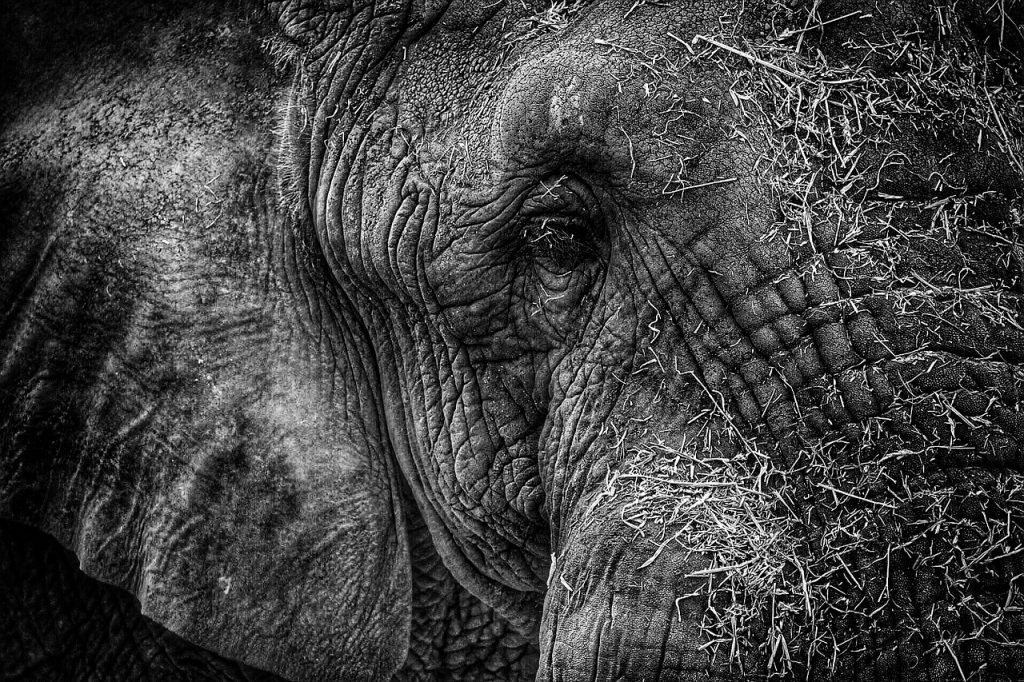
Breaking skin: Tiny troublemakers in epidermal aging
That weathered, pruny exterior loved by photographers and loathed by nearly everyone else is, along with gray hair, perhaps the most easily recognizab...
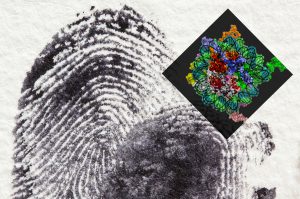
The Hallmarks of Aging: Epigenetic Alterations
All cells in your body have the same DNA, yet they express different proteins and do different things. How does that happen? Various alterations in y...
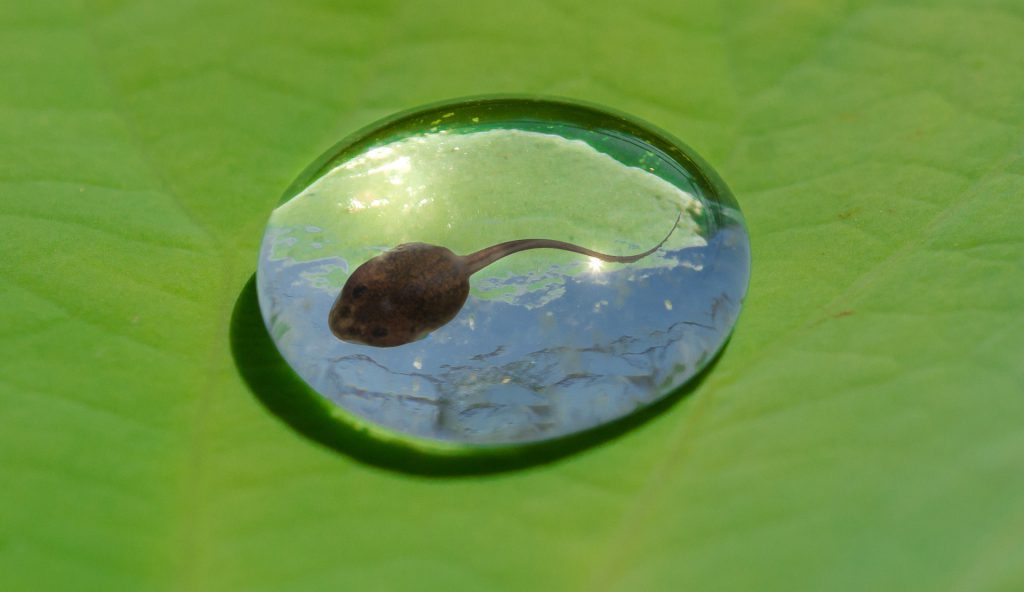
Cheat codes for youthful cells
For much of the 20th century, the prevailing wisdom was that once cells were fully differentiated, their identities were crystallized eternally–...

Out with the old, in with the… old?
Researchers at UNC Chapel Hill had an interesting mission: first, transform scar tissue (like the kind that forms after heart attacks) into ordinary c...

In the media: White papers, worms and “Why die?”
LEAF takes an incisive look at the popular “eternal snoozefest” view of life extension and knocks down that shaky extrapolation from elder...
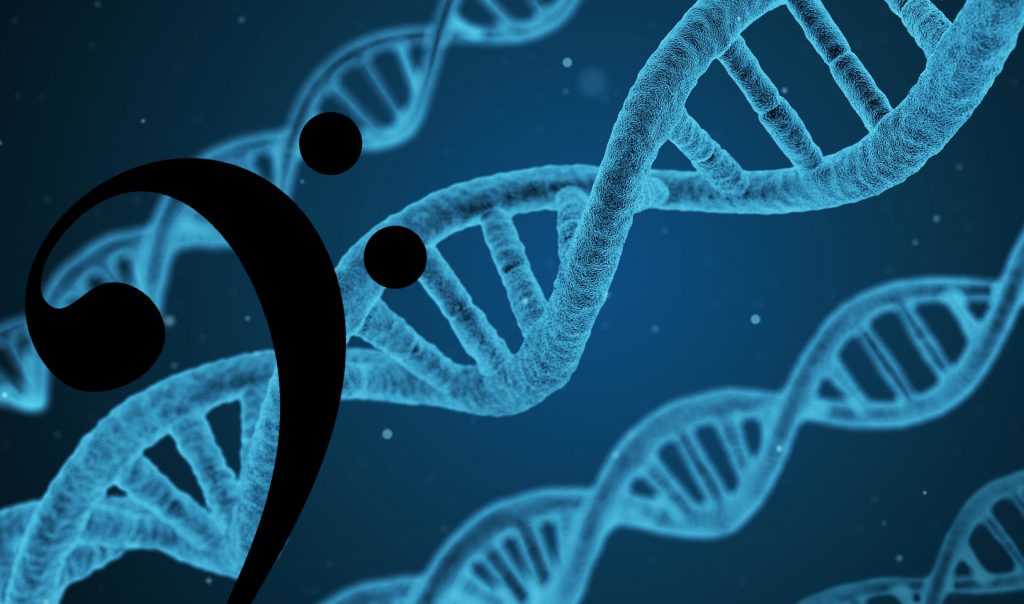
Più mosso, Maestro! An interview in the key of telomere with Dr. Michael Fossel
With three decades of experience as a professor of clinical medicine under his belt, Dr. Michael Fossel takes a fundamentally pragmatic approach to ta...

Research roundup: Drifters in your epigenome, and more
Epigenetic markers “drift” as we age to cause unintended gene expression changes, but you might be able to slow this via caloric restricti...

